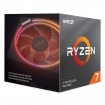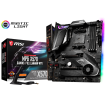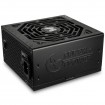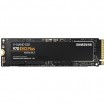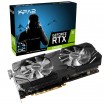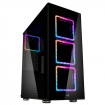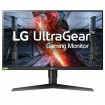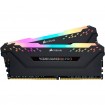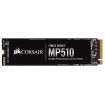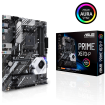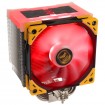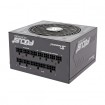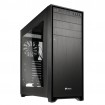Associate
- Joined
- 28 May 2008
- Posts
- 346
Hey guys,
Going to be ordering some new parts soon to replace my 4770k build and wanted to get some advice on the ones I picked out. Would like to have the option to upgrade to 3900x later on without changing any other parts.
Some points in particular where I was a bit unsure:
My basket at Overclockers UK:
Thanks
Going to be ordering some new parts soon to replace my 4770k build and wanted to get some advice on the ones I picked out. Would like to have the option to upgrade to 3900x later on without changing any other parts.
Some points in particular where I was a bit unsure:
- ram brand and what is my max/suggested speed?
- is this motherboard overkill?
- need suggestion of a good air CPU cooler for overclocking
- I definitely want the 2080 super but may not have picked a good variant?
- good enough PSU for the job?
- monitor... anyone know if these NANO IPS are any good? Some guy on YouTube is claiming that this is the best monitor he has ever used but who knows eh!
- should I add a sound card or is the onboard offering better these days?
My basket at Overclockers UK:
- 1 x AMD Ryzen 7 3700X Eight Core 4.4GHz (Socket AM4) Processor - Retail= £329.99
- 1 x MSI MPG X570 GAMING PRO CARBON WIFI (AMD AM4) DDR4 X570 Chipset ATX Motherboard= £259.99
- 1 x Super Flower Leadex III 850W 80 PLUS Gold Modular Power Supply - Black= £112.99
- 1 x Samsung 970 EVO Plus Polaris 1TB M.2 2280 PCI-e 3.0 x4 NVMe Solid State Drive= £259.99
- 1 x KFA2 GeForce RTX 2080 SUPER EX 1CLICK-OC 8192MB GDDR6 PCI-Express Graphics Card= £698.99
- 1 x Team Group Xcalibur RGB 16GB (2x8GB) DDR4 PC4-32000C18 4000MHz Dual Channel Kit= £179.99
- 1 x AeroCool Tor Pro Full-Tower ARGB Gaming Case - Black Tempered Glass= £94.99
- 1 x LG 27GL850-B 27" 2560x1440 NANO IPS 144Hz 1ms FreeSync/G-Sync Compatible Widescreen LED Gaming Monit= £449.99
Thanks

Last edited:


